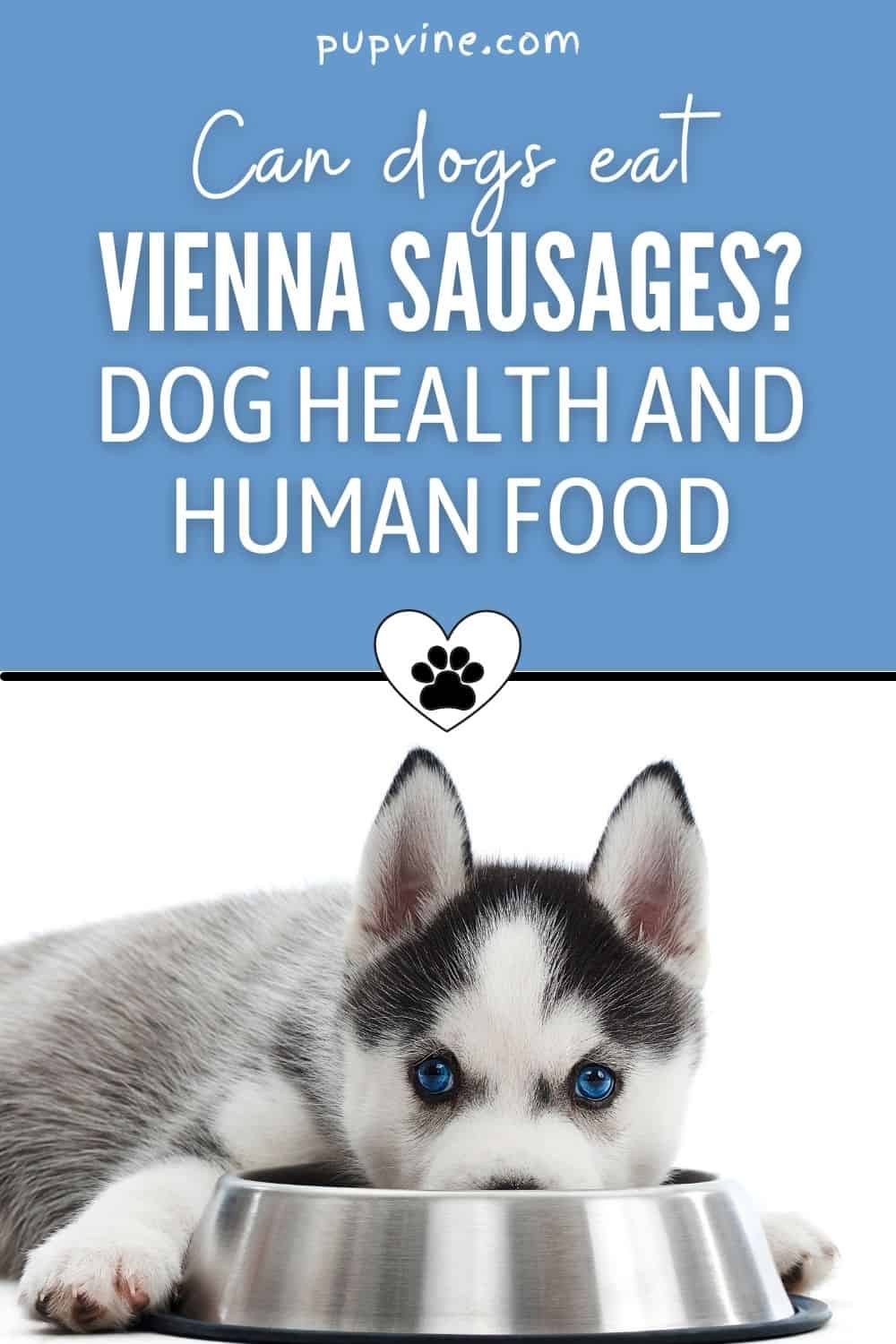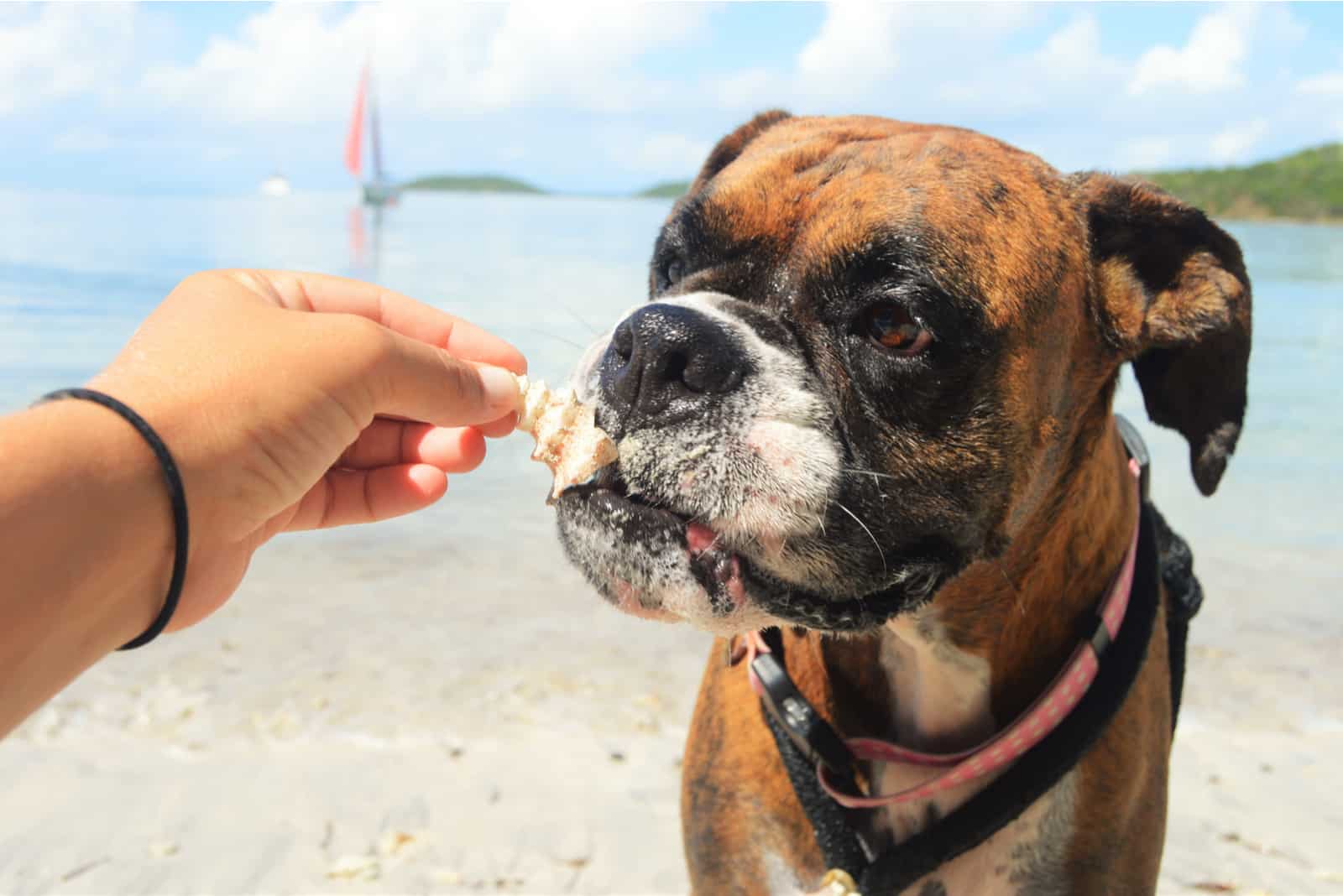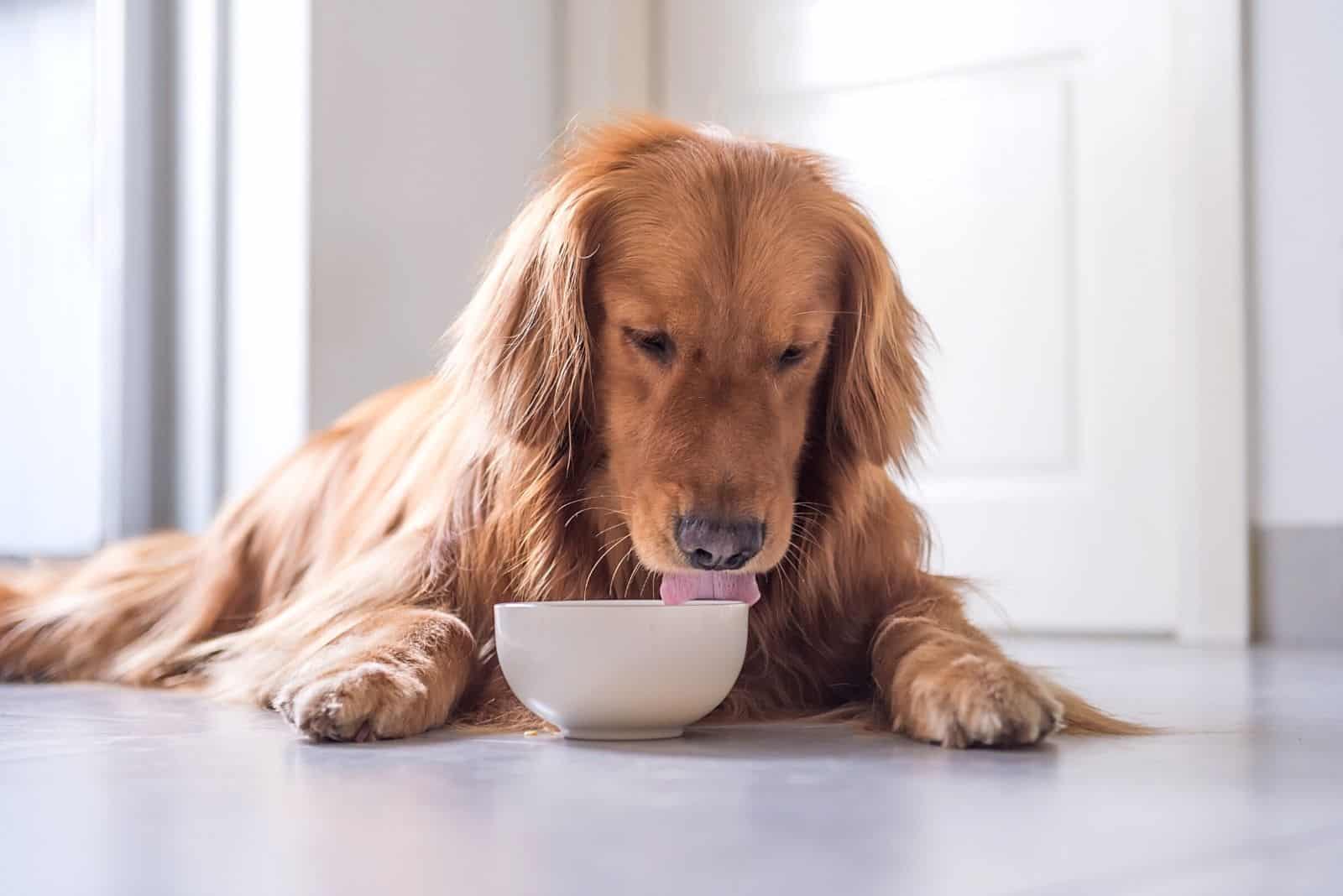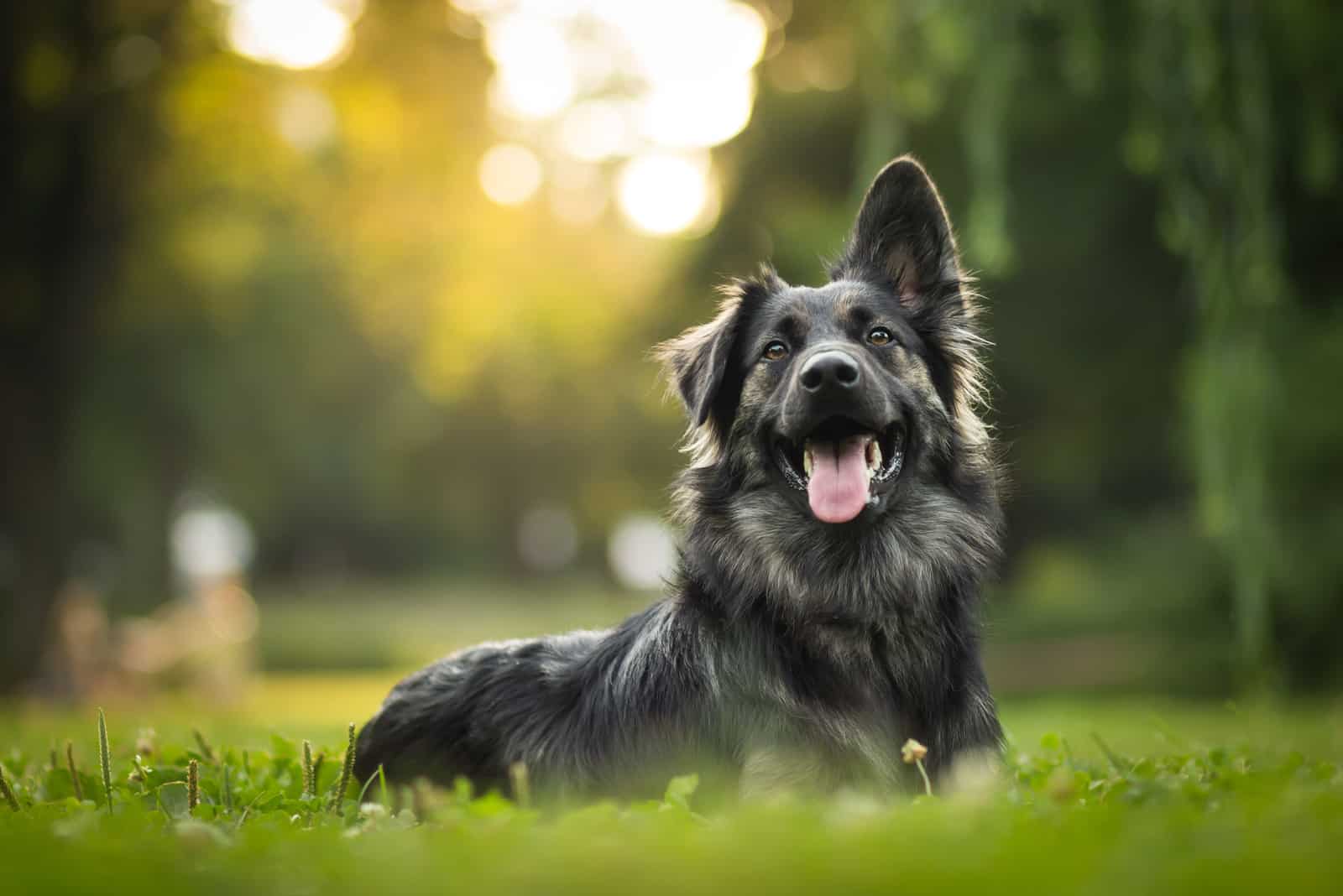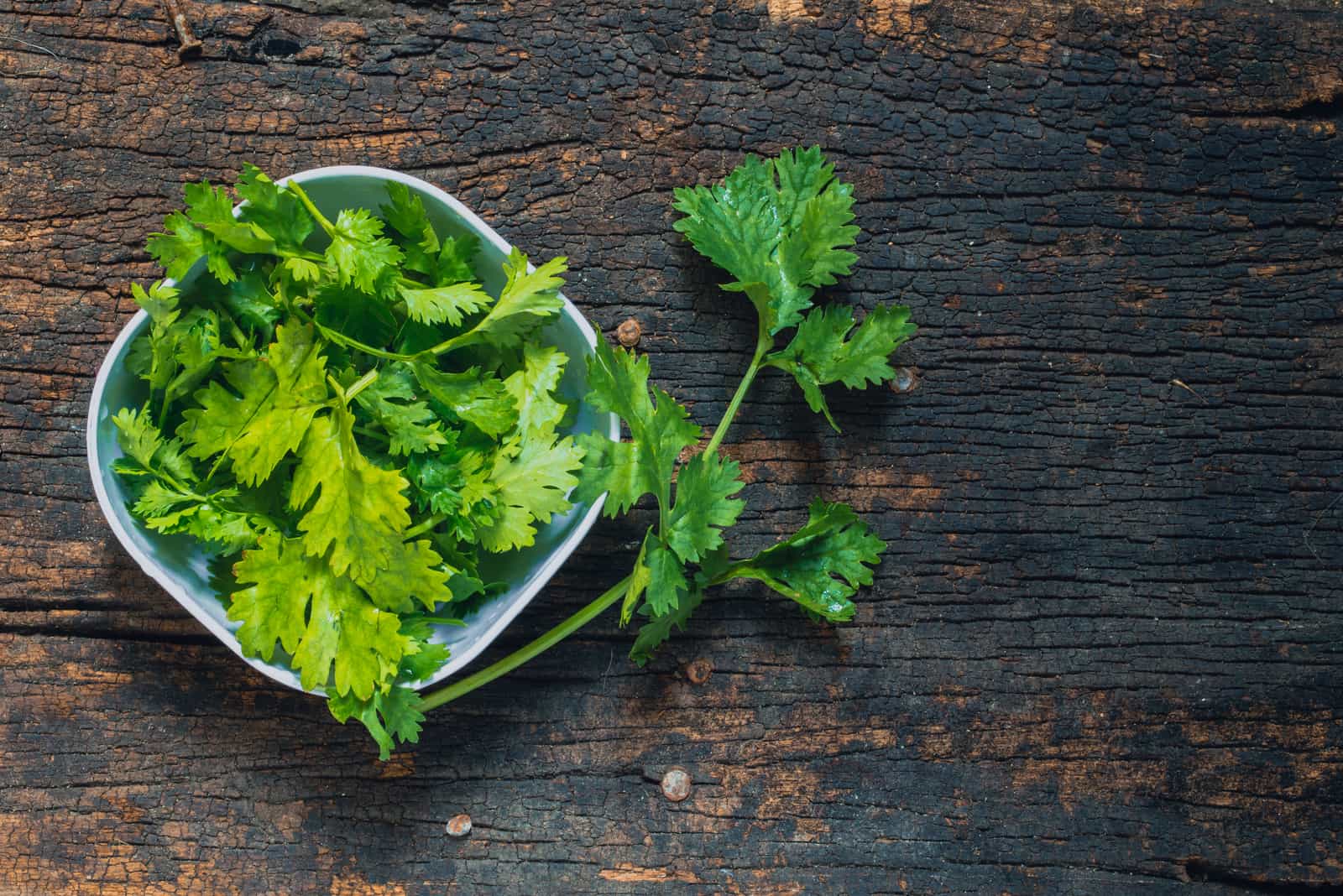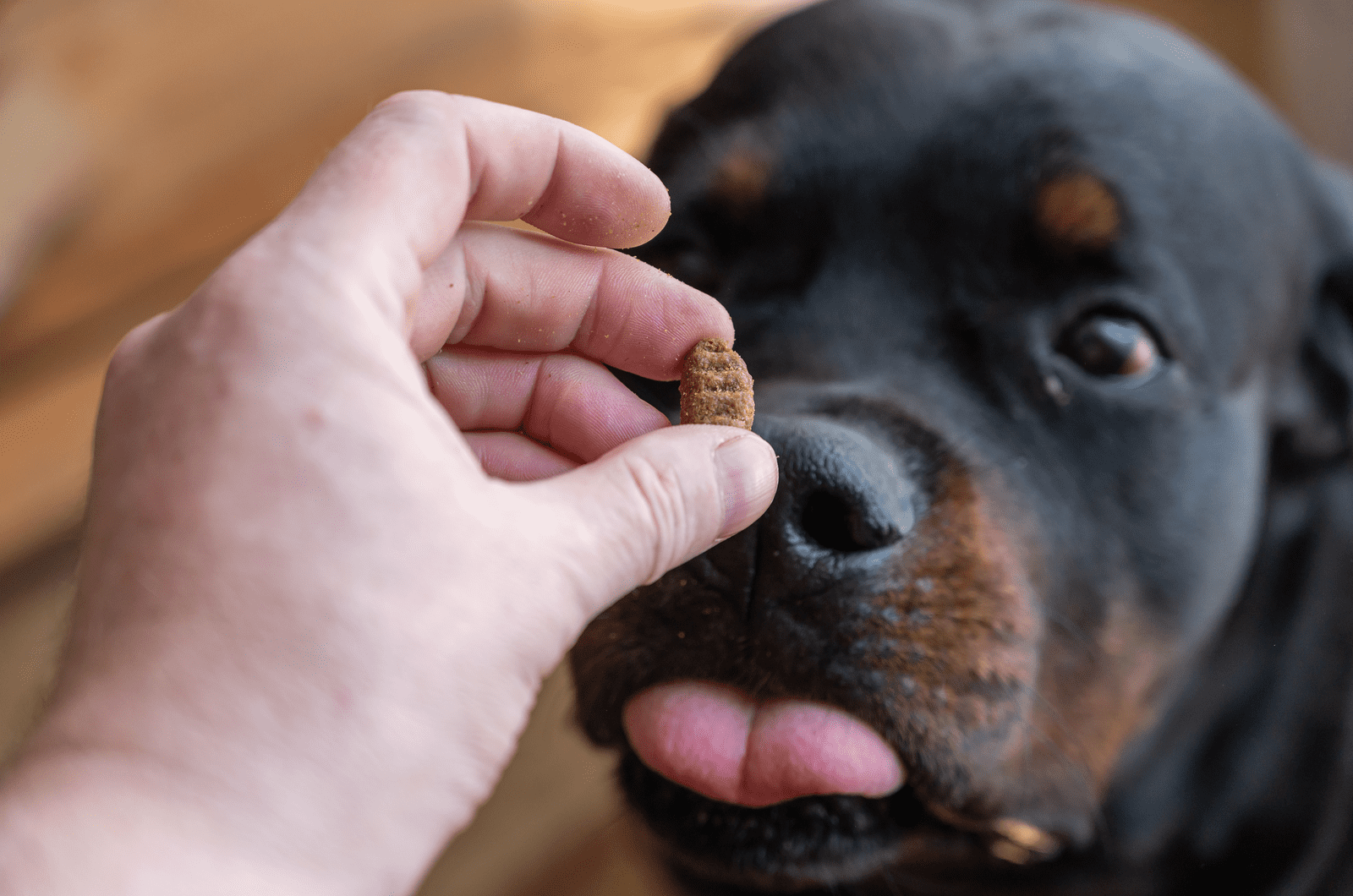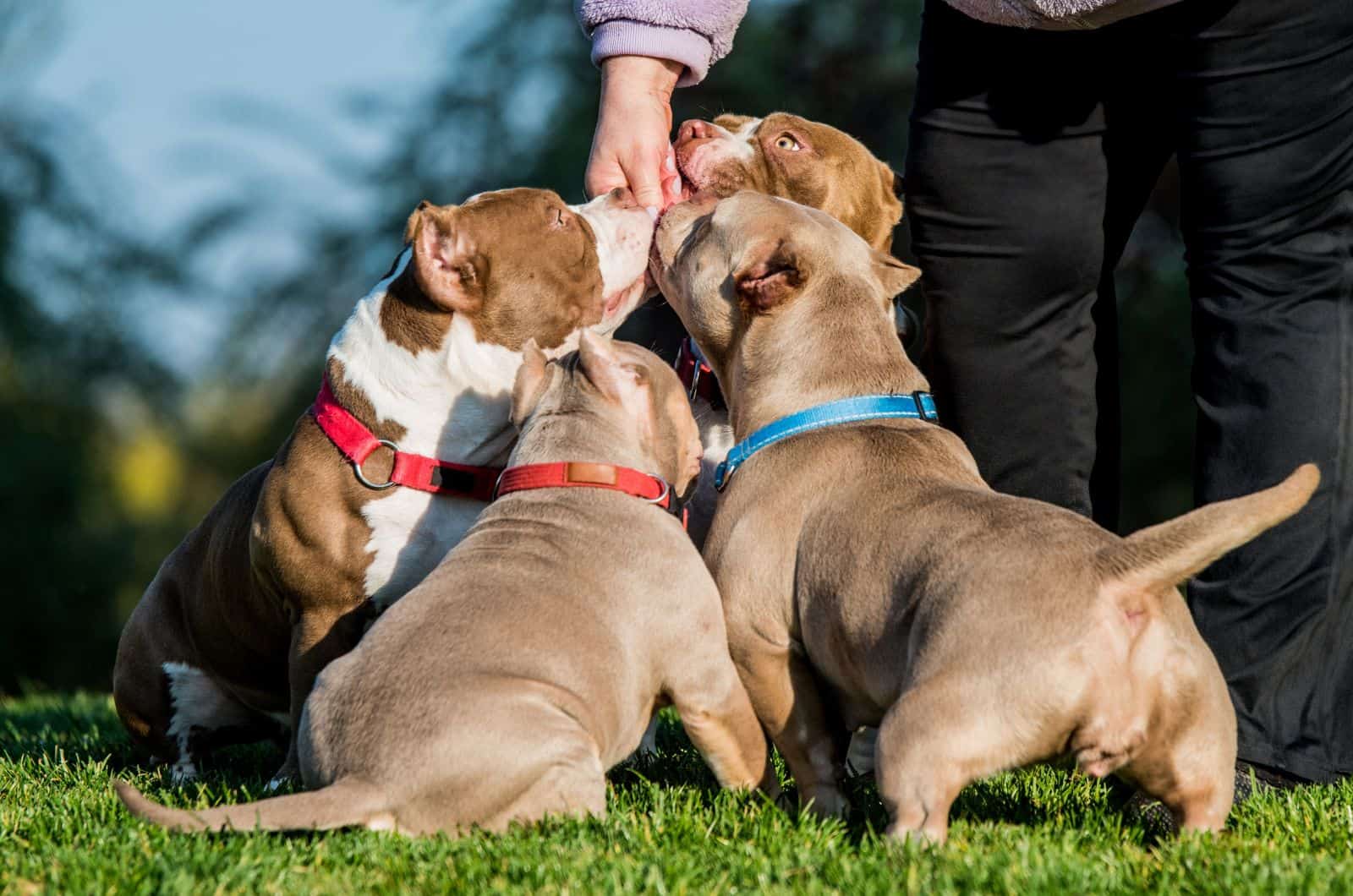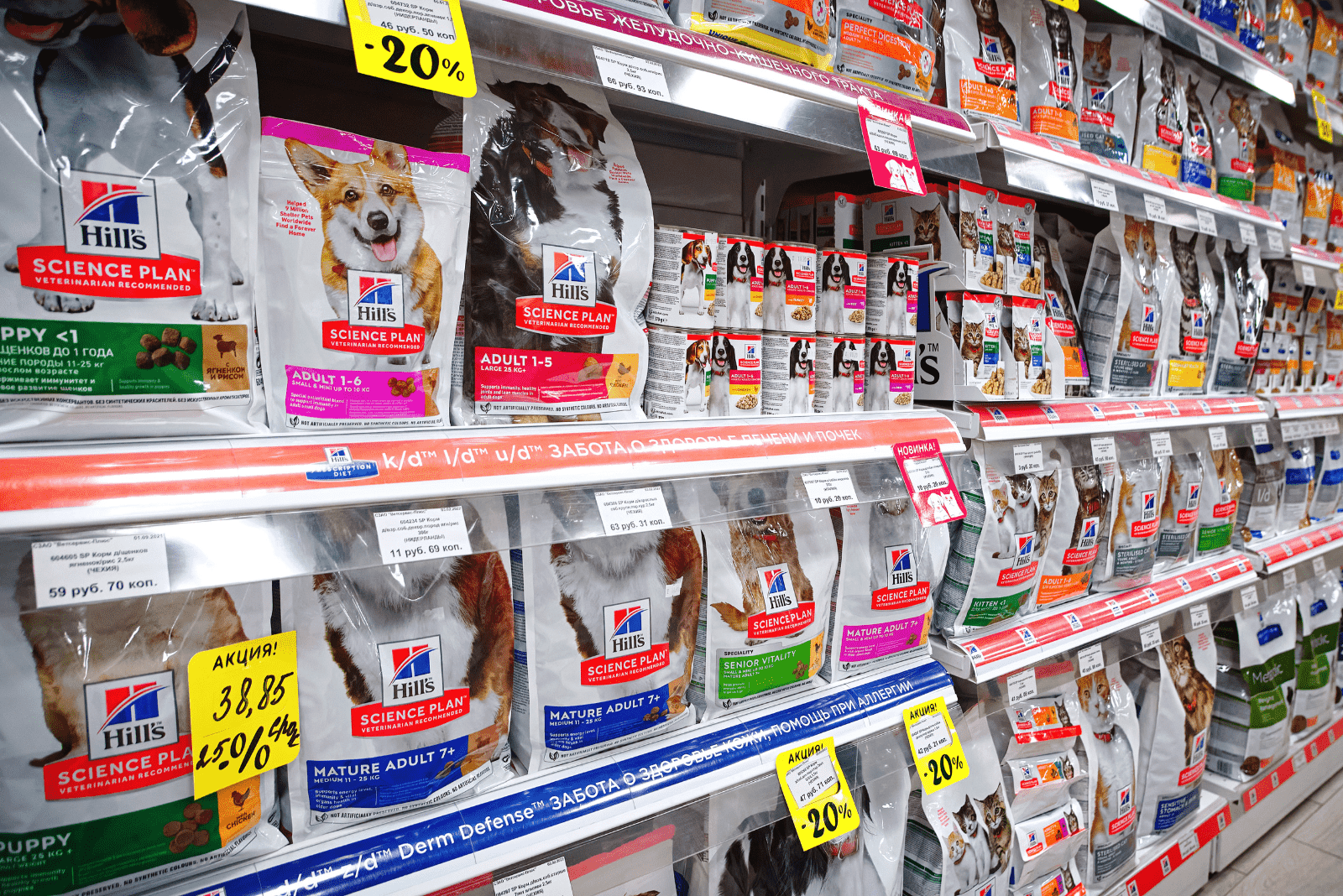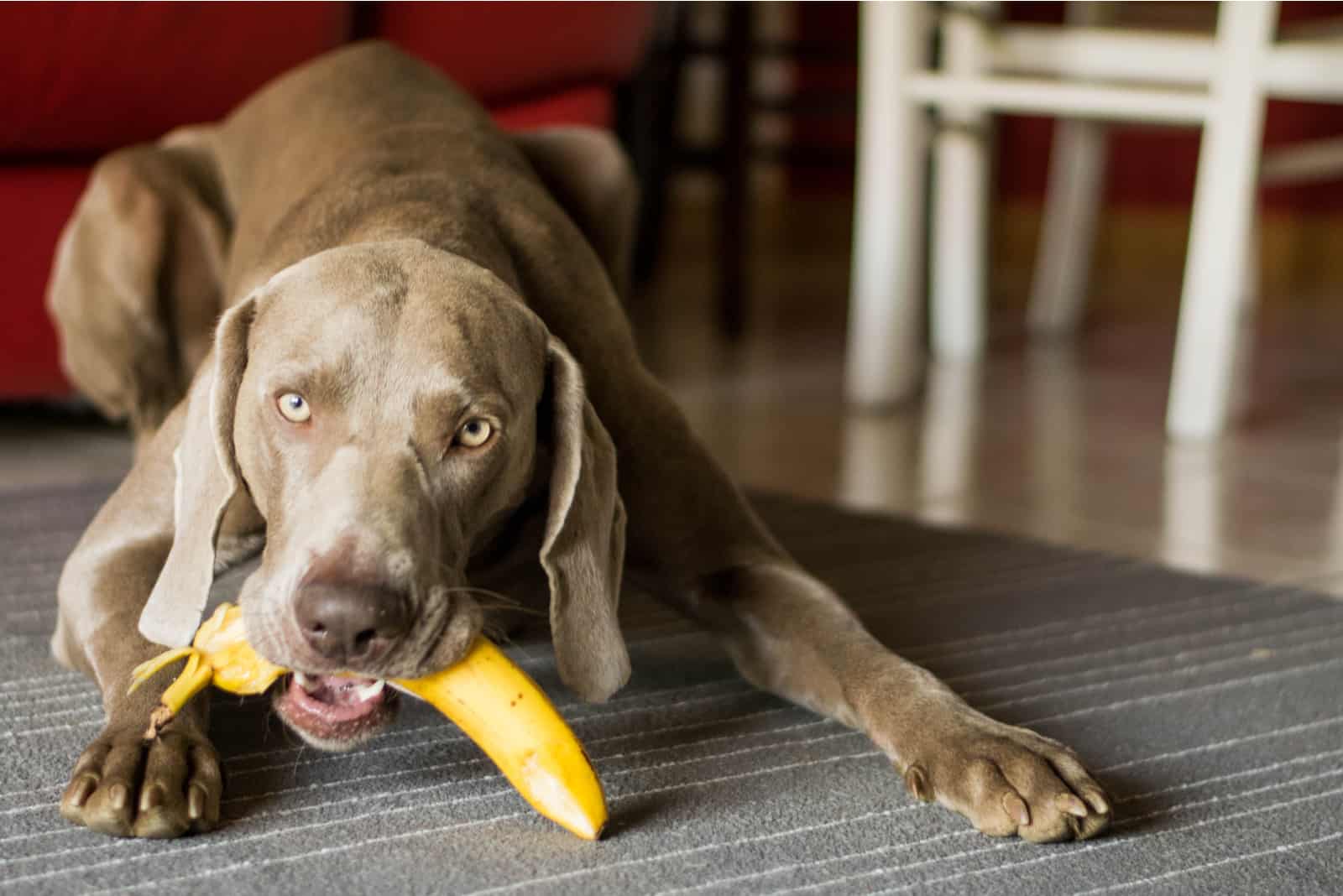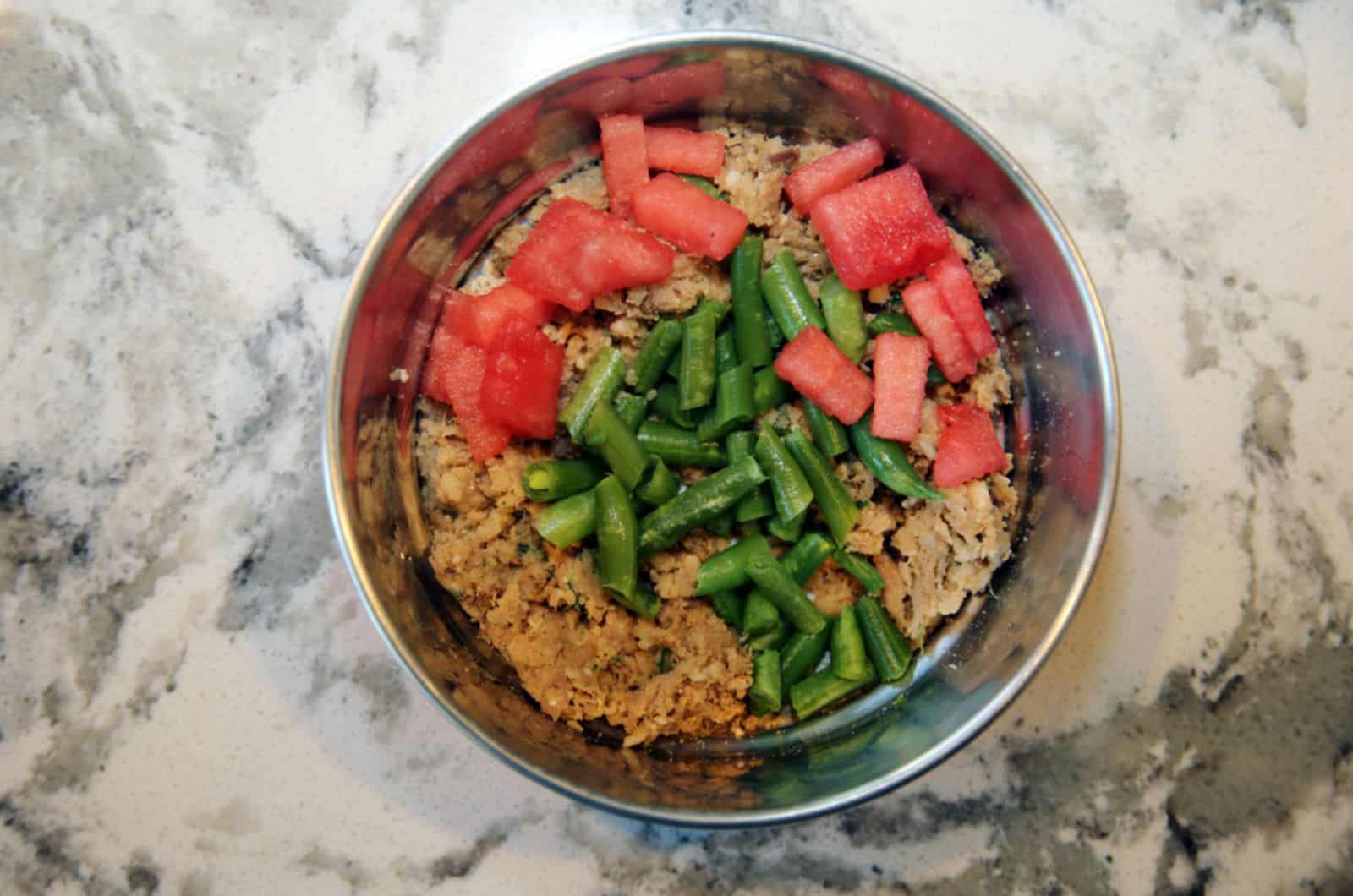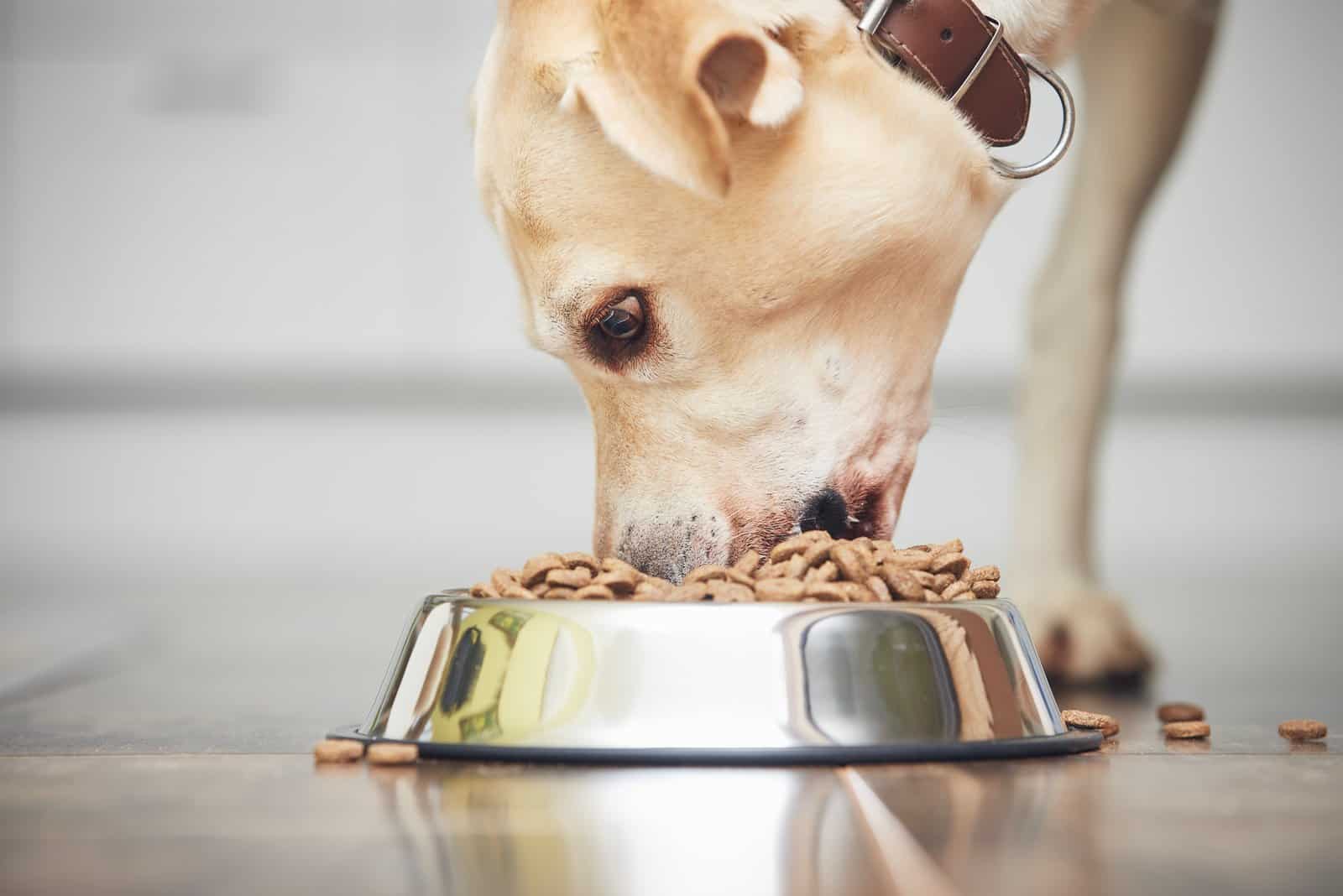It’s a well-known fact that we all eat things from time to time that we know are bad for our health. The trouble is, junk food tastes so good!
Some of us are able to exercise more self-control or make the decision to eat more healthily and head to the gym.
We understand the risks involved in choosing to eat unhealthy food and have the option of changing our behavior.
But what about our canine friends that trust us to look after them? Are we careful about the foods we give them?
They don’t have the luxury of being able to make decisions and will generally wolf down any foods we place before them.
You might be enjoying a hotdog, savoring the smokiness of the sausage and softness of the bread, perhaps with onions, ketchup, mustard – the whole works!
You spot your dog eyeing the tempting treat as you take another bite. They lick their lips to fight back the drool that’s building up in anticipation. So do you break off a piece and throw it into those waiting jaws?
It can be heartbreaking to say no, and more often than not, you’ll cave in and give them a bit. Or perhaps even a whole Vienna sausage, maybe even more.
However, have you stopped to consider whether this is the best thing for their health?
Over the years, it’s become increasingly clear that some human foods are extremely bad for our dogs. Some can even cause illness or complications that are fatal.
Before giving your doggie friend any of the foods that we eat, it is always best to check the facts to ensure that you are not compromising their health.
So, can dogs eat Vienna sausages? We’ll examine the evidence to find out!
What Are Vienna Sausages?
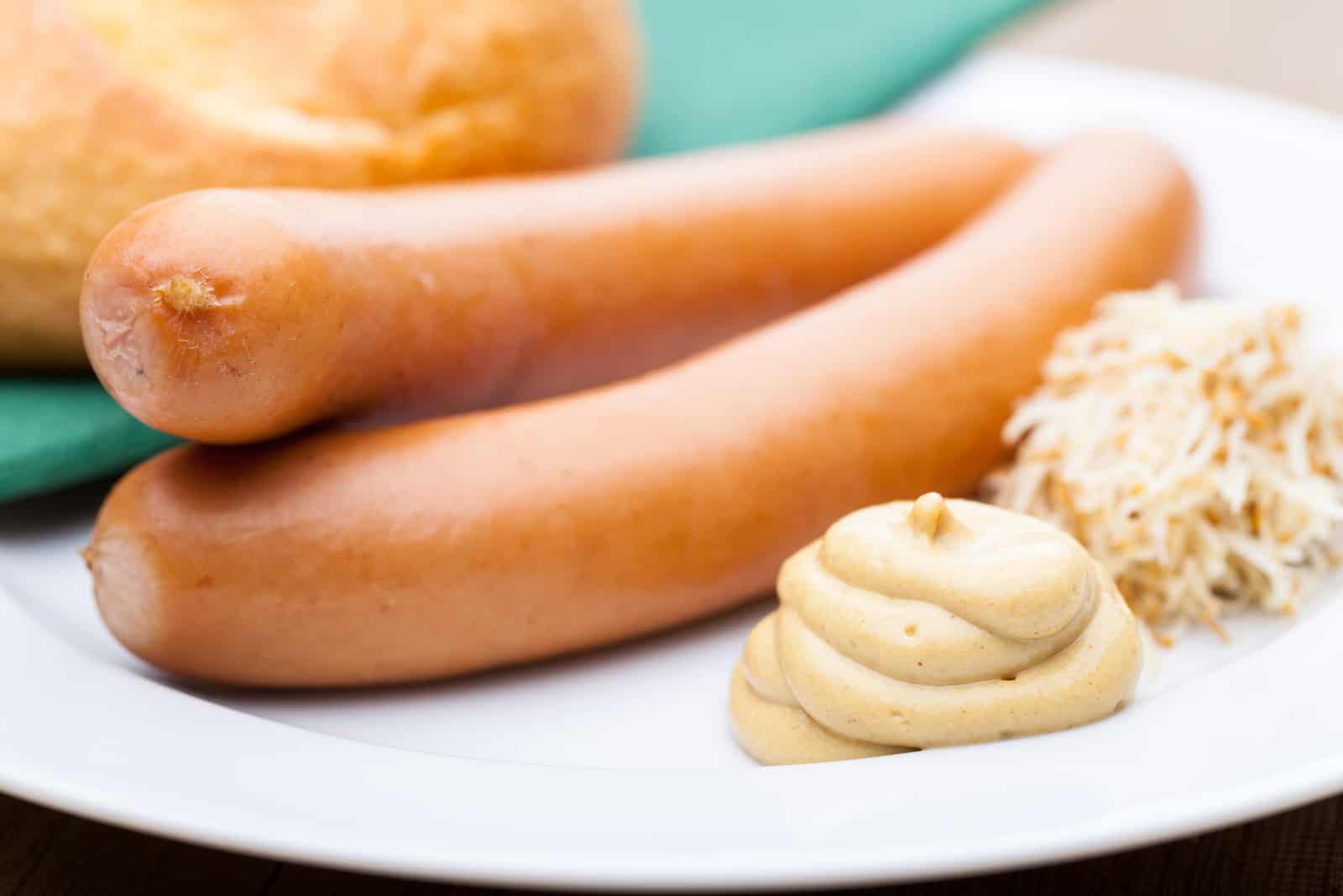
Like a lot of foods that are now well established in America, the Vienna sausage originated overseas in Germany, where they were called Wiener Würschten (Wiener is German for Vienna and Würschten means ‘small sausage’).
As the story goes, a butcher from Frankfurt moved to Vienna, where he became famous for a particular type of sausage. The locals referred to this as a Frankfurter in reference to the butcher’s original home.
European immigrants brought these ideas to America with them, and as time passed, new variations were introduced, with smaller sausages available in cans.
The terms hotdog, Weiner, and Frankfurter have become muddled, along with Vienna sausage, so that there’s some confusion as to what people actually mean.
What sets these apart from other sausages is that they are usually smoked and boiled or par-boiled before being sold. All the customer needs to do is heat them up and eat them.
German Vienna sausages traditionally used pork and beef with a casing made from sheep’s intestine.
This is sometimes still the case, although many brands prefer to use alternative synthetic casings these days, such as those made from cellulose and collagen.
Other varieties across Europe used spiced ham, turkey, or chicken instead of pork or beef.
In North America, the Vienna sausage is commonly accepted as the short, canned variety made from pork, beef, turkey, or chicken.
Sometimes they are packed in sauces, such as barbecue or chili. They are not usually used to make hotdogs, but there are no hard and fast rules.
From what we’ve learned so far, you might be tempted into thinking that they are perfectly safe for dogs to eat.
However, before you head off to fill up your dog’s food bowl with a stack of Vienna sausages, you might want to read to the end.
The Hidden Dangers

Photo from: @stella.the.doodle_
Take a can of Vienna sausages and study the ingredients, which will always be listed in the order ‘greatest first.’
You’ll see which ingredients make up the bulk of the product as they appear early in the list, with other ingredients listed further along according to the quantities used.
Here’s a list of typical ingredients found in a can of Vienna sausages, listed in the order in which you might find them:
• Mechanically separated chicken
• Water/chicken broth
• Pork
• Beef
• Salt
• Corn syrup
• Mustard
• Spices
• Natural flavorings
• Hydrolyzed soy/potato protein
• Sodium nitrate
• Sodium nitrite
The alarm bells should be ringing by now, as many of these are not things that you should include in your dog’s diet!
Let’s dig a little deeper.
Mechanically Separated Chicken
That phrase alone should make you stop and think. When processing plants have taken off all the best bits of the chicken, the rest is crushed up and passed through a sieve to make a paste.
While this admittedly does make its way into some dog foods anyway, they are usually the cheaper ones that you would probably want to avoid.
Cheap meats that are full of unhealthy fats can cause pancreatitis, a painful and distressing condition often seen in older or obese dogs.
Pork & Beef
Having seen how the main ingredient is made, you’ll be under no illusions that these will be the best cuts!
In all probability, these will be the ‘leftover’ parts or trimmings from the process of shaping other meat products and will carry the same risk of causing pancreatitis.
This will be processed meat, which the World Health Organization has classified as a Group 1 carcinogen, which means that it is known to cause cancer.
Salt
Sodium-ion poisoning can be a life-threatening condition, and as salt appears quite high on the ingredients list, you can be sure there’s plenty inside, even though it might say something like ‘less than 2% sodium content’ on the can.
When dogs consume too much salt, they will become thirsty and have an increased need to urinate. They might develop tremors and experience a high temperature.
Diarrhea and vomiting are common symptoms. In extreme cases, they will have seizures or fall into a coma, after which death is a real possibility.
All dog owners are advised to strictly regulate their dog’s salt intake because of the dangers.
Corn Syrup
This ingredient has insinuated its way into thousands of popular American foods over the decades as it is a cheaper, sweeter alternative to sugar.
It stabilizes ice cream, making it taste better, easier to scoop, stops crystallization, and improves the shelf life. You can understand why manufacturers like to use it, but this doesn’t necessarily mean it is okay to eat.
Corn syrup has been linked to several health problems, such as high blood pressure, obesity, insulin resistance, and diabetes.
Older dogs are particularly at risk of obesity and the complications arising from it, so their diets need to be monitored closely.
Mustard
The amounts vary according to the brand, but any amount of mustard is bad for dogs. You may have come across people who say that it doesn’t do any harm in small quantities.
You may even be one of those people! However, the fact remains that mustard seeds are toxic to dogs and should never be included in their diet.
Spices & Natural Flavorings
Note that it doesn’t say which spices or flavorings! These could (and often do) include onion or garlic powder, both of which can cause serious health problems for dogs.
These can damage red blood cells, which leads to anemia.
Nutmeg is another potentially harmful spice that could be present in these sausages. It is highly toxic to dogs, causing an upset stomach in most cases.
However, it has been known to agitate the dog’s nervous system, which makes them overactive, after which they become listless and lethargic.
Hydrolyzed Soy/Potato Protein
Protein is one of the biggest causes of allergic reactions in dogs, with the main culprit being meat proteins. Some dogs are also sensitive to soy protein, though this is usually more rare.
To solve the problem of meat protein allergies, experts have formulated a hydrolyzed soy dog food that is easy to digest and is hypoallergenic!
That’s not to say that the soy protein present in some Vienna sausages will be of the same quality, nor will it be hypoallergenic.
Potato protein is a bigger problem as dogs can’t digest this easily. Any foods that stay within the stomach and intestines longer than they should cause bloating and discomfort.
Sodium Nitrate/Nitrite
Although these additives are both salts, it is worth listing them in their own category, separate from salt as mentioned above.
Both of these compounds are used as antimicrobial preservatives used in processed meat products. This lengthens the shelf life and reduces the chances of bacteria causing problems such as salmonella.
Although these compounds will be found in small quantities, they have been linked to several health problems, including many types of cancer, leukemia, heart disease, hardening of the arteries, and blood cell damage.
They also restrict the amount of oxygen we get from our blood, which can adversely affect both the heart and brain.
It has to be said that these conditions would only be a risk in cases of excessive consumption, but it is always difficult to determine safe levels for dogs because of the differences in size.
A Great Dane, for example, is far less likely to be affected than small dogs like Dachshunds or Yorkies after eating the same amount.
The Verdict
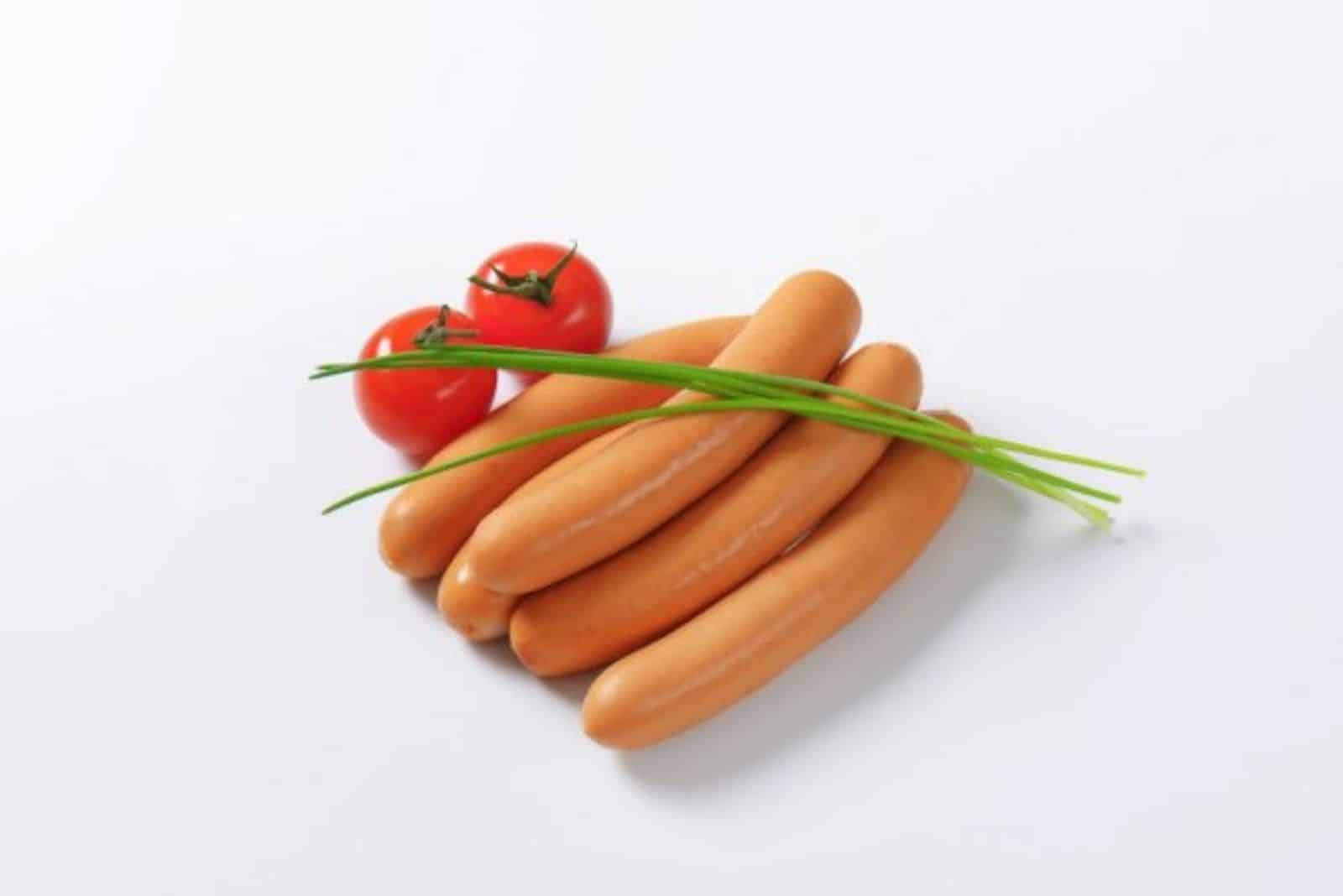
So, can dogs eat Vienna sausages? At the beginning, we acknowledged that we have the choice of whether to indulge in junk food or not.
Having read through the list of ingredients and seen the potential risks, it makes one wonder whether humans should be eating them, let alone dogs.
However, as a disclaimer, it has to be said that all of the ingredients have been passed as being safe to eat by all of the relevant authorities. Eating almost anything in excess can result in serious health issues.
Once again, we return to the fact that we are solely responsible for our own health and wellbeing and are able to make choices, good or bad, about our own diet.
When it comes to our precious, faithful, and loyal companions, though, they rely on us to make that decision for them.
And as much as they would happily gobble up a dozen Vienna sausages and be perfectly happy for a while, we have to ask the question, is that a fair and responsible thing to do?
A little bit of sausage every once in a while probably won’t have any ill effects. But those ingredients really don’t have any place in a dog’s diet.
If you feel guilty, then why not have some proper dog treats on hand that you can fool them with? Yes, it’s true, some dogs aren’t easily fooled and will know that you are cheating!
Surely it’s better to give them something that will be beneficial, even if they do look a bit dejected, rather than risk compromising their health?
The truth is that processed foods like Vienna sausages or spam, for example, are generally not among the healthiest choice for humans. It seems wrong somehow to pass on our own failings to our dutiful and loving pets.
Regular consumption of Vienna sausages will greatly increase the chances of digestion problems, obesity, heart problems, kidney damage, cancers, salt poisoning, and pancreatitis, among others.
We want them to live the longest, happiest and healthiest lives possible. We want them to know just how much we adore them, and one of the best ways to do this is through the food we give them.
High quality dog food, including kibble or canned ‘wet’ food, will provide all the proteins, vitamins, minerals, carbohydrates, fats, and fatty acids they need to keep them bouncing around for years.
They deserve the best chance, and they are looking to you to give them just that.
Specially-made dog treats are fine, and the odd piece of human food tossed in occasionally won’t do any lasting harm, provided you check the ingredients thoroughly beforehand.
Perhaps you’re concerned about variety, that your dog might be bored with their food? As fussy as they might seem, dogs really don’t possess the same depth of taste we do.
They have far fewer taste buds and tend to swallow food down quickly. It’s more about quantity than quality!
Then again, there’s no harm in adding a few new flavors, as long as you keep it healthy.
You could try steaming or boiling some healthy veggies (Brussels sprouts, artichoke, turnip, edamame, jicama) and adding them to their regular food. Never fry any food for your dog (because, pancreatitis!) and never add seasonings, such as salt.
In conclusion, it has to be said that for the sake of our beloved pets, Vienna sausages are well and truly off the menu.
Related Article: How To Boil Chicken For Dogs
